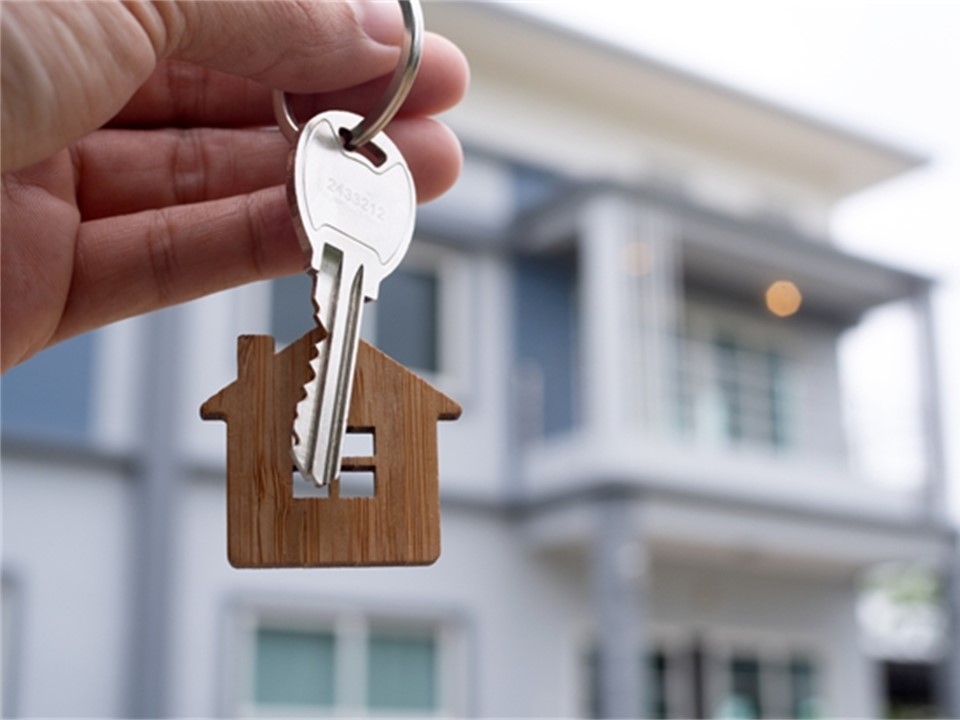
Avoid common mistakes.
Buying a house is a major decision that requires careful planning and research. However, many first-time home buyers make some common mistakes that can affect their home-buying experience and financial situation. Here are some of the mistakes to avoid when buying a house:
- Not getting pre-approved for a mortgage: Getting preapproved for a mortgage is a crucial step that shows how much you can afford and how serious you are as a buyer. It can also help you negotiate better terms and avoid losing out to other buyers who have preapproval. You should start the preapproval process early and compare different lenders to find the best deal.
- Looking at only one mortgage rate quote: Mortgage rates can vary significantly depending on the lender, the loan type, the credit score, and other factors. By looking at only one quote, you may miss lower rates and better terms that could save you thousands of dollars over the life of the loan. You should shop around and compare at least three different quotes from different lenders before choosing one.
- Not saving enough for the down payment and closing costs: The down payment and closing costs are two of the biggest expenses that you will face when buying a house. The down payment is the amount of money that you pay upfront for the house, while the closing costs are the fees and charges that you pay to finalize the loan. Depending on the loan type and the market conditions, the down payment can range from 3% to 20% of the purchase price, while the closing costs can range from 2% to 5% of the loan amount. You should save enough money to cover these costs and avoid draining your savings or taking on more debt.
- Not paying attention to your credit score: Your credit score is one of the most crucial factors that lenders use to determine your eligibility, interest rate, and loan terms. A higher credit score can help you qualify for a lower rate and a better loan, while a lower credit score can limit your options and increase your costs. You should check your credit score and report regularly and take steps to improve it before applying for a mortgage. You should also avoid making any major purchases or applying for new credit that could lower your score or affect your debt-to-income ratio.
- Not hiring a professional home inspector: A home inspection is a thorough examination of the physical condition and safety of the house that you are buying. It can reveal any hidden defects, damage, or issues that could affect the value and functionality of the house. A home inspection can also help you negotiate repairs or price reductions with the seller or back out of the deal if the problems are too severe. You should hire a qualified and experienced home inspector to conduct a home inspection and provide you with a detailed report of the findings. You should also attend the inspection and ask questions to learn more about the house.
Bottom Line
These are some of the common mistakes that first-time home buyers make and how to avoid them. By avoiding these mistakes, you can make your home-buying process smoother, faster, and more successful.
